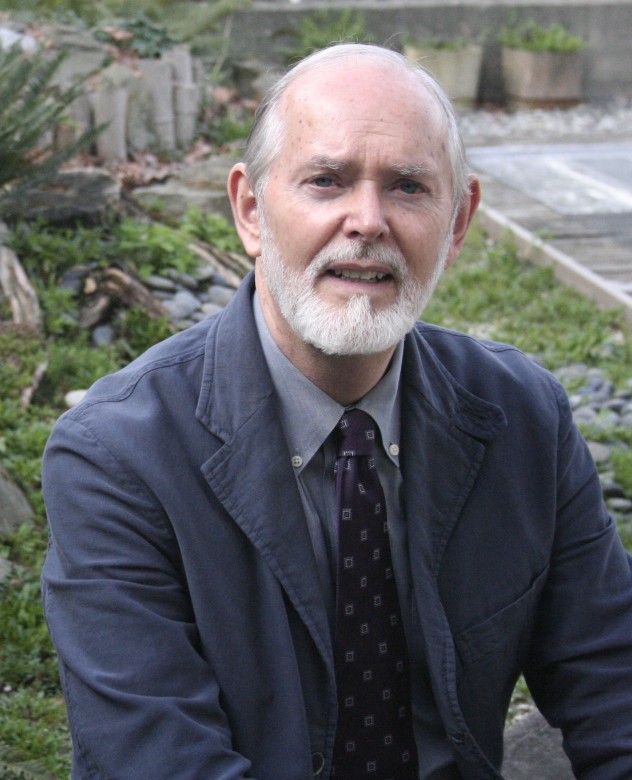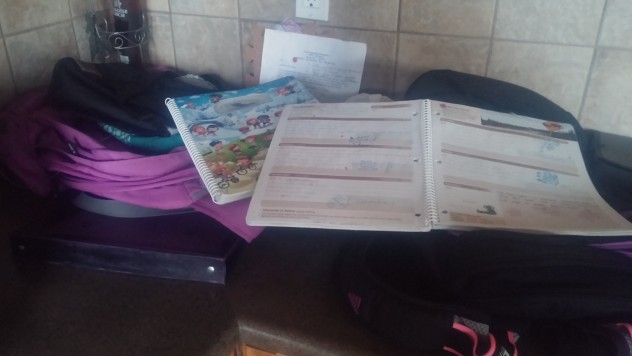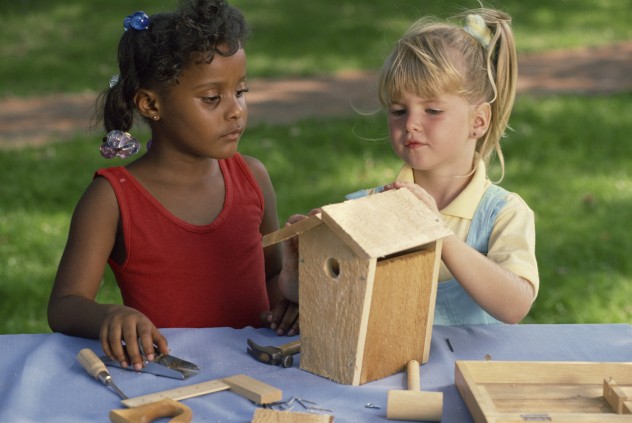or Why Knowing A Lot Helps The Imagination
 By Kieran Egan
By Kieran Egan
We all value imaginative uses of knowledge when we see them transforming our lives and the world in beneficial ways. And yet many teachers neglect imagination. For many, the word “imagination” suggests something that opposes imperatives of our test-driven schooling: efficient teaching of a lot of knowledge and problem-solving skills.
This post tries to persuade you to reconsider the relationship between developing students’ imaginations and teaching knowledge and skills. I’d like you to consider that there may be something wrong with the notion that engaging the imagination is inconsistent with our educational goals.
But does having more knowledge necessarily support imagination?
If we think of examples of really imaginative people, we might consider any group of Nobel Prize winners. In their cases we can recognize that their imaginations seem to have worked best when they had a lot of knowledge to work with, and without that knowledge they would have been unable to apply their imaginations to the problems that won them the prize. And people who know very little usually lack the crucial fuel that can set the imagination alight; ignorance is not a very good recipe for being imaginative. If one reflects on it, imagination and knowing a lot seem inseparable: engaging imaginations in learning makes learning easier and more effective and, in addition, it seems clear that the more one knows the easier it is to be imaginative.
The problem in schools now
Well, the school curriculum is like a huge encyclopedia, and a common effect of this is that we cover a lot of things in school superficially. Of course we give opportunities for projects that groups of students can work at for a month or, less frequently, even a year. But even these opportunities are only a bit less superficial than coverage of the rest of the curriculum.
 One problem with this is that students rarely get the opportunity to learn anything in sufficient detail and depth to fully engage the imagination. We do what we can, of course, to try to keep students’ imaginations alive to all the curriculum material, but major educational thinkers from Plato to John Dewey have argued that knowing something in considerable depth is important for understanding how knowledge in general works.
One problem with this is that students rarely get the opportunity to learn anything in sufficient detail and depth to fully engage the imagination. We do what we can, of course, to try to keep students’ imaginations alive to all the curriculum material, but major educational thinkers from Plato to John Dewey have argued that knowing something in considerable depth is important for understanding how knowledge in general works.
So what can we do about this problem?
Here’s where the “Learning in Depth” (LiD) program comes into play. LiD is designed to begin for students early in their school career. Each student is given a topic—birds, apples, the circus, railroads, bees, ants, planets—and then they build a portfolio on that topic through the whole of their school careers. Everything else goes on as normal, but one hour each week is put aside for students to work on their LiD topics. By the end of their schooling each student will be an expert on something; they will know almost as much as anyone on earth about their topic. After only two or three or four years, students will have accumulated a range of knowledge and skills about some specific topic to a degree new in the history of schooling. The LiD program is ungraded.
Surprisingly, for many educators, within a short time students commonly say that LiD is their favourite activity in school. If you would like to know more about the program, and join teachers in over a dozen countries who are now implementing it go to the Lid website.
Final thoughts
To make knowledge meaningful we need to engage emotion and imagination. We need to think more about imagination and consider the kinds of programs that offer students stimulating ways to support their imaginative development. As I said, ignorance is not a very good recipe for being imaginative, and LiD is a powerful opponent of ignorance.
Learn More
 Subscribe to imaginED today. It’s EASY! CLICK the box to the right of TOP of this post or on the BOTTOM right corner of your screen. Get a weekly email including tips and strategies for imagination-focused teaching. Don’t miss free resources and links for K-12 Math, SS, languages, Science teaching and more.
Subscribe to imaginED today. It’s EASY! CLICK the box to the right of TOP of this post or on the BOTTOM right corner of your screen. Get a weekly email including tips and strategies for imagination-focused teaching. Don’t miss free resources and links for K-12 Math, SS, languages, Science teaching and more.

